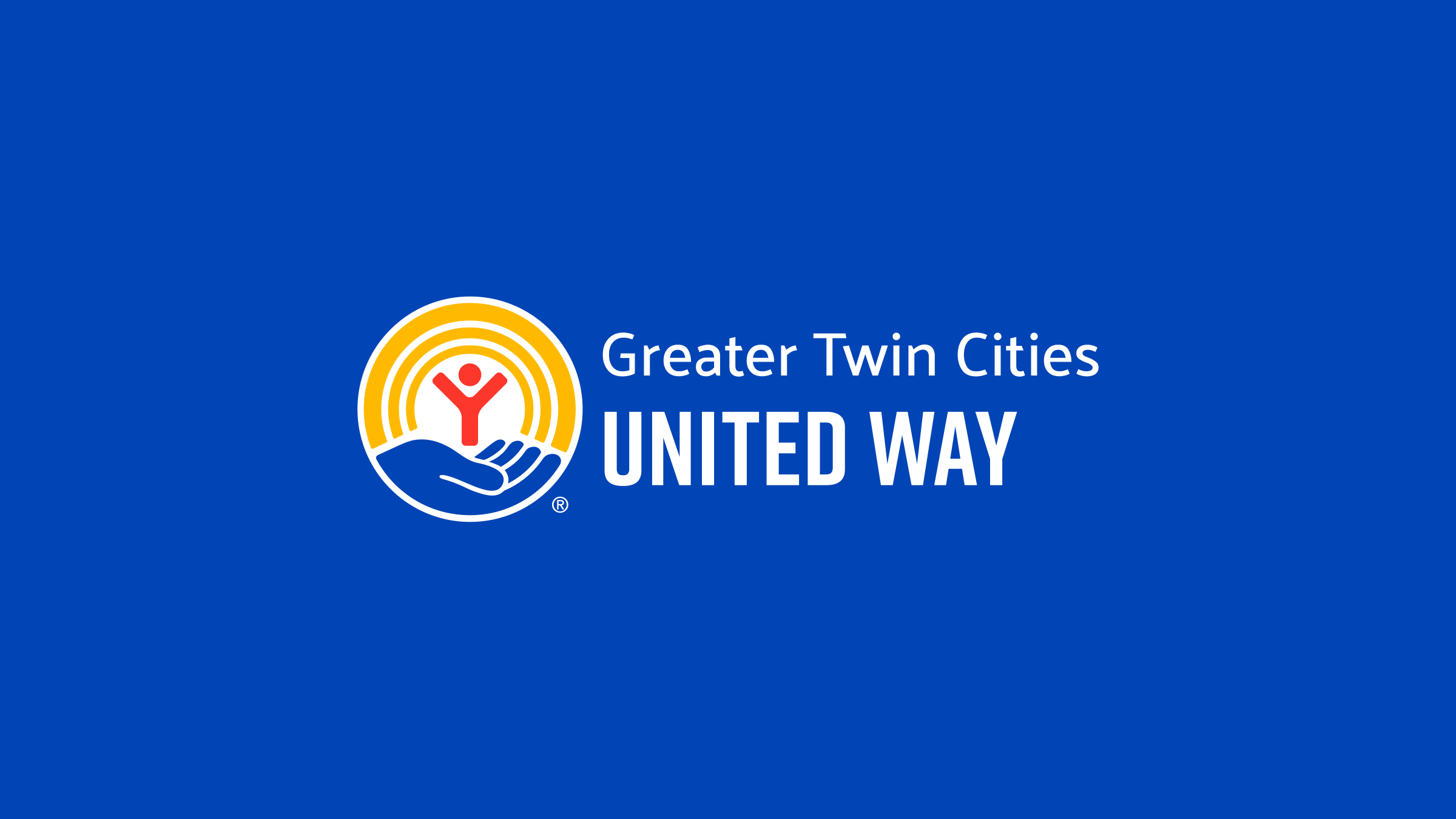
As COVID-19 hit our region, Greater Twin Cities United Way immediately engaged our nonprofit partners to identify community needs and launched the Greater Twin Cities COVID-19 Response and Recovery Fund. Hundreds of individual, corporate and foundation donors trusted United Way to translate their donations into a meaningful, thoughtful response.
United Way rapidly developed a COVID-19 relief grantmaking strategy, centered on our values of equity, agility and transparency. This response built upon the work we were already doing to rethink our grantmaking processes to yield the most equitable community outcomes.
One year later, we are reflecting on the changes we made throughout the process – how we can continue to be equity-centered, especially in times of crisis, and align our grantmaking approach with the needs on the ground.
In just the first three months of the Fund, United Way disbursed four different rounds of COVID-19 response funding totaling over $2 million – and this week, we awarded a fifth and final wave of recovery grants, providing a total of over $3 million in funding to our region since March 2020.
But we didn’t apply a one-size-fits-all approach. Community Impact staff were dedicated to having timely one-on-one conversations with our nonprofit partners to ensure each round of funding was informed by the community and aligned with the shifting realities and needs on the ground. We also reviewed and used data from our 211 Resource Helpline, which reflected growing needs in housing and food, to inform our initial round of funding.
As a result, we issued many different types of grants, including support to organizations facilitating digital learning and student internships, organizations launching entirely new programs and establishing new partnerships to expand current services, organizations new to United Way and additional support for our pre-existing grantmaking partners.
Throughout the pandemic, we have continuously listened to our partners and made swift adjustments to meet each unique challenge. In the words of one of our nonprofit partners, “Thank you so much for being able to respond so quickly to the needs in our community. The speed at which you have been able to respond is amazing. Who knows what is to come, but for today with your help, we continue to do our work getting food to neighbors.”
COVID-19 also underscored a need in the nonprofit sector for more flexible general operating funds, especially during crisis. Pre-COVID, United Way had shifted to providing general operating funds in all multi-year grantmaking, which is a practice we intend to carry forward. However, when COVID-19 hit, two of our giving communities, Women United and Arise Project, also expressed a desire to demonstrate additional flexibility to nonprofit partners who were mid-grant cycle. It was their hope that our partners could spend their dollars and time adapting their facilities and connecting with staff to respond to the new COVID-19 reality, rather than limiting themselves to the specifics of a previously funded program.
As a result, we quickly amended existing grant agreements to remove mid-point grant reports and converted grants from restricted program support to general operating support. The shift benefitted both our nonprofit partners and donors, and it enabled nonprofits to more agilely support community.
As one partner receiving Arise Project funding noted, “[We are] grateful for the flexibility to redirect funding mid-year to support general operations to address unexpected costs related to COVID-19. This flexibility allowed us to provide housing stability and support services – emergency shelter, transitional living and case management – for 89 homeless youth during a time of great uncertainty.”
In addition, we streamlined our application processes wherever possible and eliminated all questions that didn’t directly help us assess an applicant’s approach. We also used new modes of communication, including short surveys and video calls, to collect information. This provided a more accessible medium for grant applicants and ensured we were inclusive of all potential applicants without compromising the thoughtfulness of our grant review.
In addition to providing flexible financial support, United Way amplified community voices through our advocacy efforts.
During last year’s state legislative session, we were a key player in securing $100 million in emergency housing assistance from the federal CARES Act, among other policy wins. Behind the scenes, we were also working with our colleagues at the Minnesota Department of Employment and Economic Development (DEED) on behalf of our economic opportunity nonprofit partners to make their DEED Equity Accelerator grants more flexible.
Through our partnerships and advocacy, our nonprofit partners were able to spend dollars, previously allocated for convenings and other in-person work, on technologies needed to continue serving participants in a virtual environment, resulting in the continuation of vital jobs programming for Black, Indigenous and other Communities of Color.
As we reflect on the previous year, we look forward to building in the changes made during our COVID-19 response efforts to our ongoing grantmaking and community partnerships.
We hope you join us to learn more about our work over the past year and what we foresee in the future of the nonprofit sector, by registering for our upcoming Community Connections Series session, “Resilience and Innovation in Crisis: COVID-19 Response & Recovery” on March 24.
When we unite as changemakers, we can disrupt systems and address the challenges no one can solve alone. Together, we will create a community where all people thrive, regardless of income, race or place.